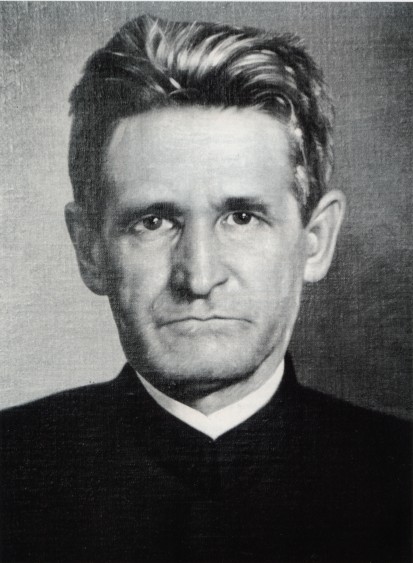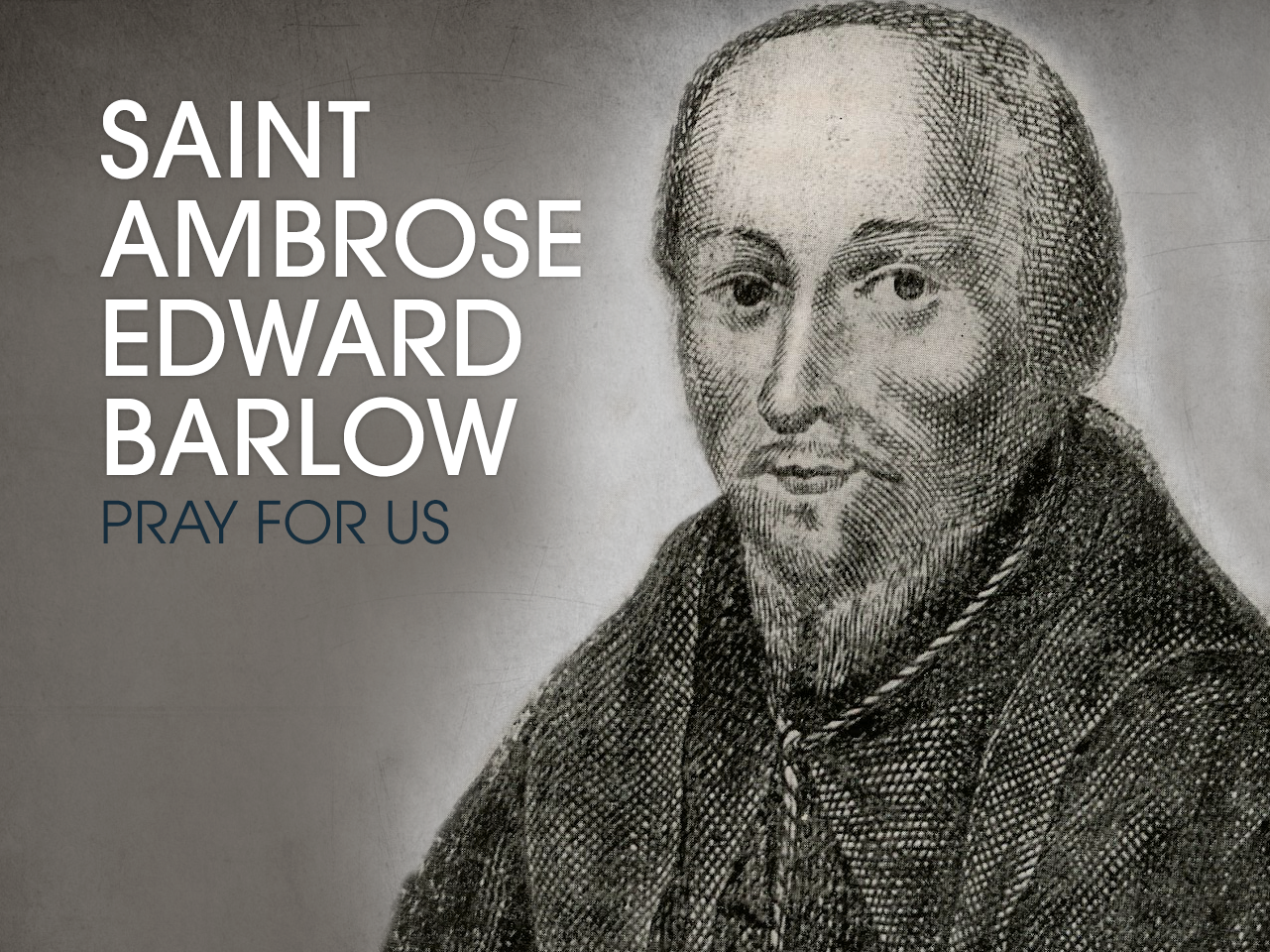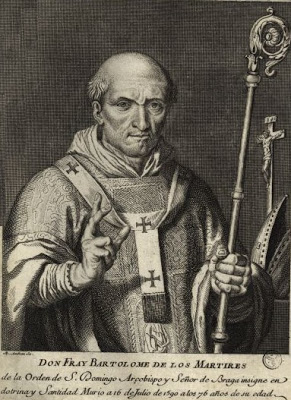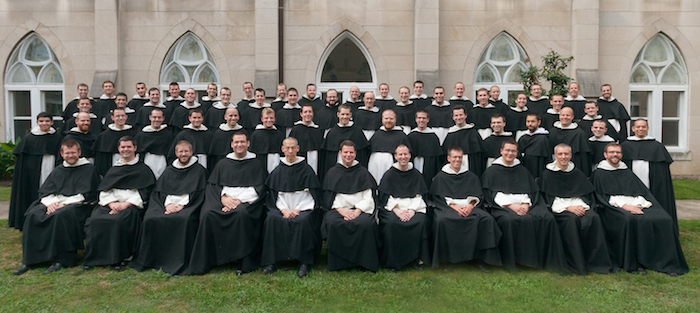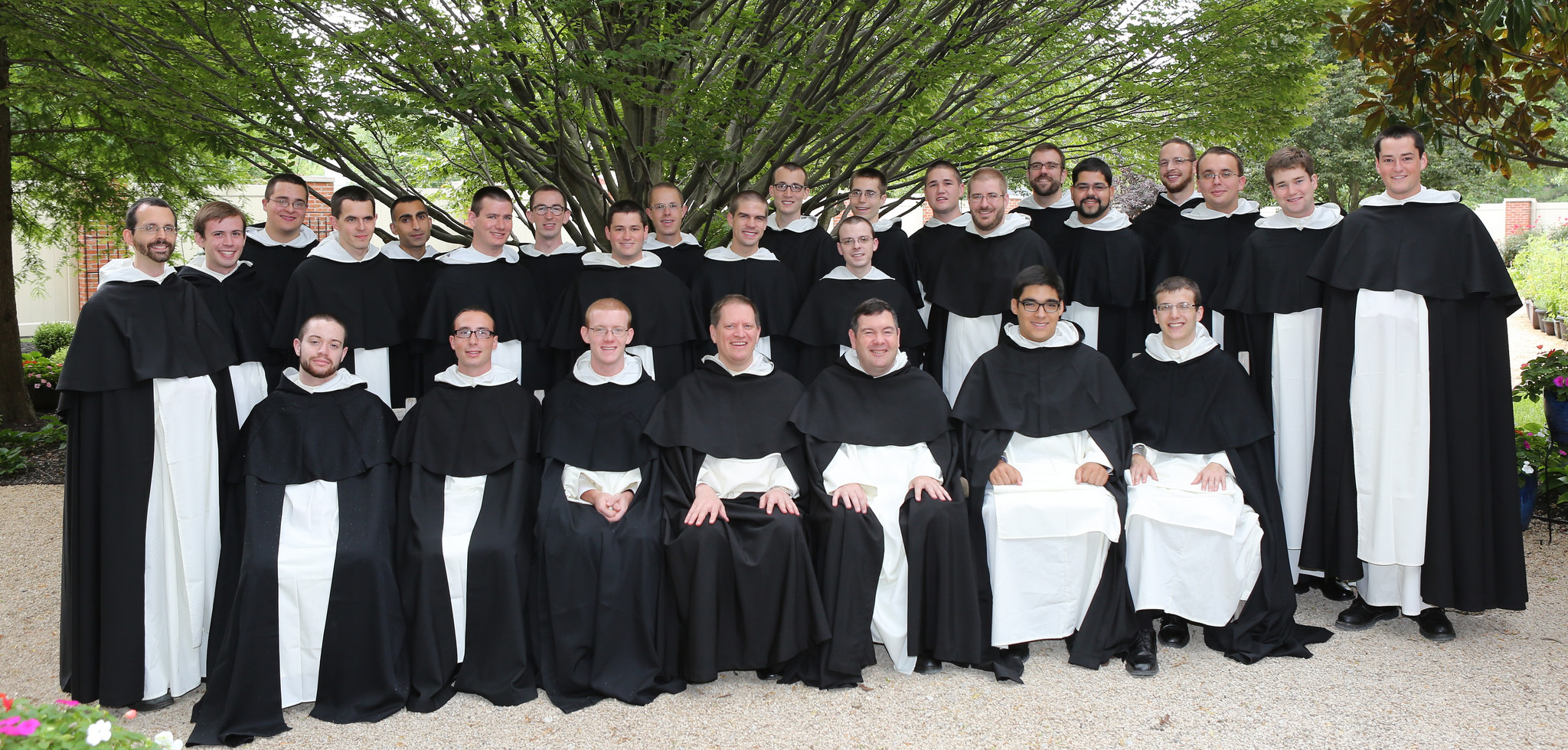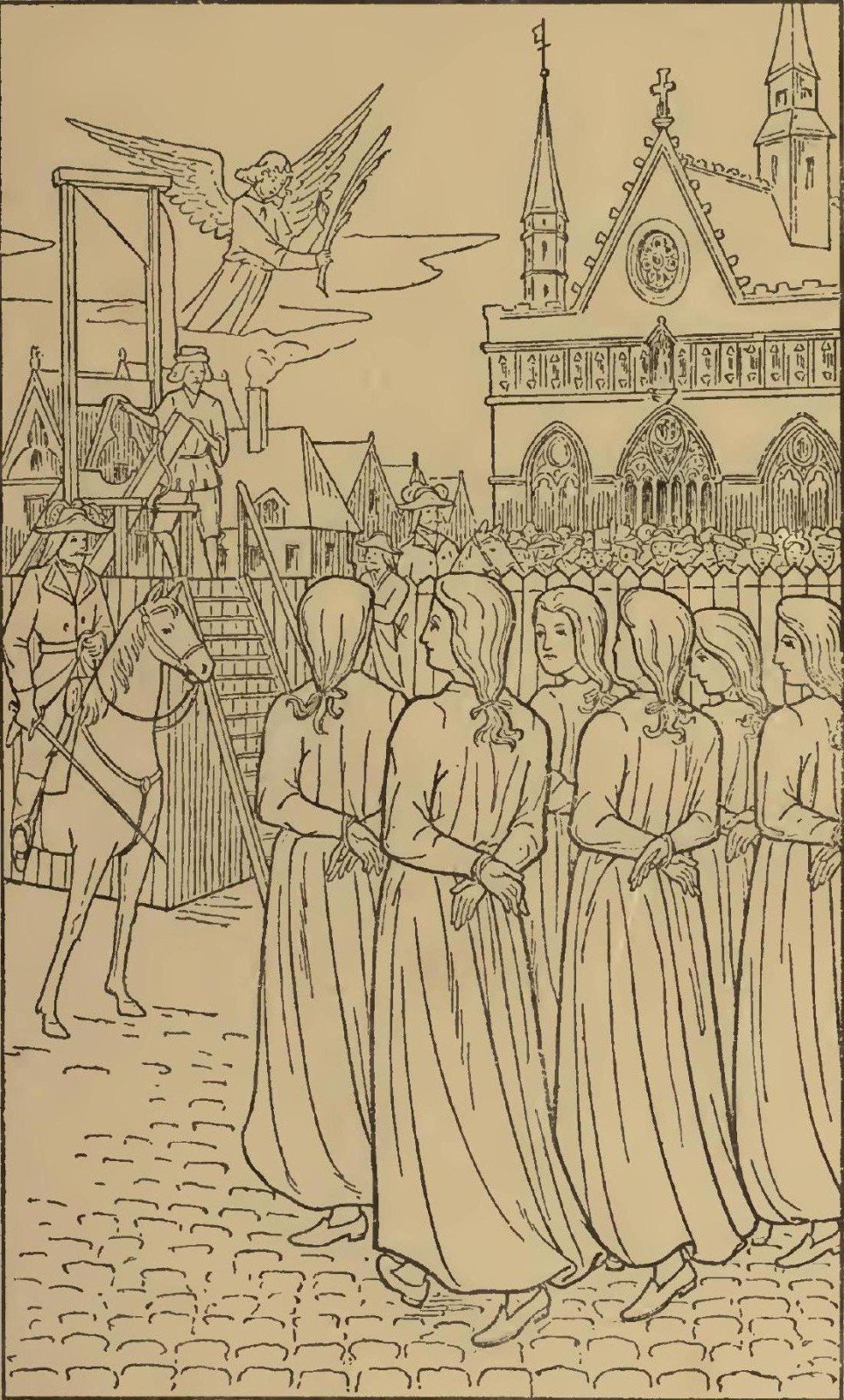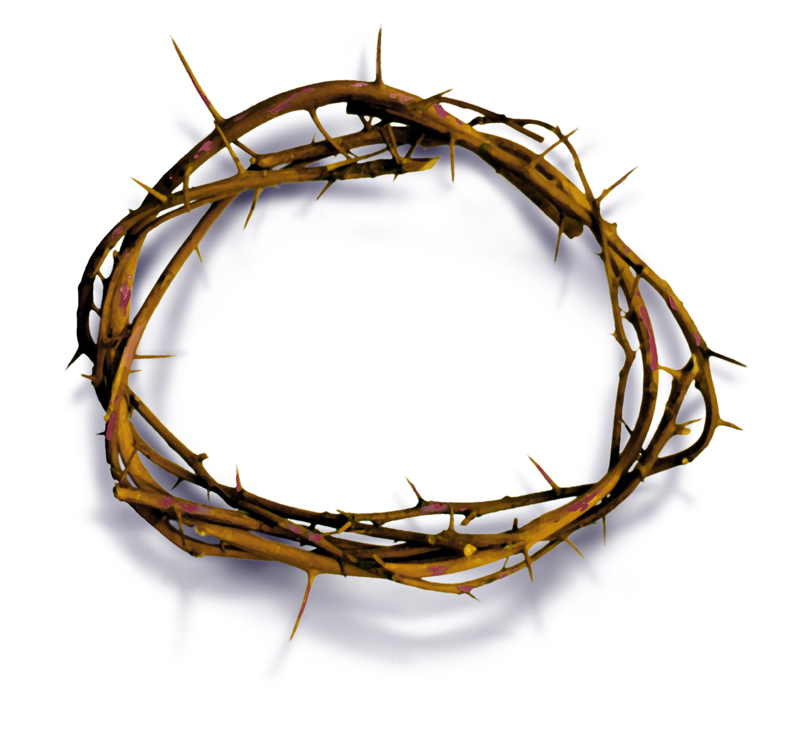
In my brief and very limited study of Greek, Latin, and Hebrew, I learned that Hebrew, being such an ancient language is like a dixie cup of water in terms of the volume of words in its vocabulary. English is like a large drinking glass. Greek is like a pitcher. In English, we only have ONE word for love, a distinct and serious limitation of the language, for all the senses that word must capture, inarticulately, ultimately and at best. As you will read below, Greek has four.
-by Dr. Peter Kreeft, Dr. Kreeft was raised a Calvinist, Kreeft regarded the Catholic Church “with the utmost suspicion.” A key turning point was when he was asked by a Calvinist professor to investigate the claims of the Catholic Church that it traced itself to the early Church. He said that on his own, he “discovered in the early Church such Catholic elements as the centrality of the Eucharist, the Real Presence, prayers to saints, devotion to Mary, an insistence on visible unity, and apostolic succession.” The Church fathers such as Augustine and Jerome were clearly Catholic and not Protestant, he stated.
The “central and deciding” factor for his conversion was “the Church’s claim to be the one Church historically founded by Christ.” For he applies C. S. Lewis’s trilemma—either Jesus is a liar, a lunatic, or the Lord to the Church: “either that this is the most arrogant, blasphemous and wicked claim imaginable, if it is not true, or else that He is just what He claims to be.”
On the Bible issue, he refers to the church preaching that forms the basis for writing the Bible and the approval needed from the church to ascertain the contents of the Bible. To this he applied the axiom: “a cause can never be less than its effect. You can’t give what you don’t have. If the Church has no divine inspiration and no infallibility, no divine authority, then neither can the New Testament.”
His conversion took place as he asked God for help, praying that “God would decide for me, for I am good at thinking but bad at acting, like Hamlet.” It was then that he says he “seemed to sense” the call of saints and his favorite heroes, to which he assented.
from http://www.catholicculture.org/culture/library/view.cfm?recnum=9375
…in “C. S. Lewis’s unpretentious little masterpiece The Four Loves. In it, Lewis clearly distinguishes supernatural love, agape (ah-gah-pay), the kind of love Christ is and lived and taught, from the natural loves: storge (natural affection or liking), eros (natural sexual desire), and philia (natural human friendship). All natural loves are good; but supernatural love, the love that God is, agape, is the greatest thing in the world. And part of the Gospel, the “good news,” is that it is available to us; that Christ is the plug that connects us to the infinite supply of divine love-electricity.
The old word for agape in English was ‘charity.’ Unfortunately, that word now means to most people simply handouts to beggars, or to the United Fund. But the word ‘love’ won’t do as an accurate translation of agape. For ‘love’ means to most people either sexual love (eros) or a feeling of affection (storge), or a vague love-in general. (Interestingly, we no longer usually classify friendship as one of the loves. That is probably why we seldom write great tributes to it, as the ancients did.)
To solve this translation problem, it may be necessary to insist on using the Greek word agape instead of any of the misleading English translations, even at the risk of sounding snobbish or scholarly, so that we do not confuse this most important thing in the world with something else in our minds, and consequently risk missing it in our lives. There is enormous misunderstanding and confusion about it today. In fact, there are at least six common misunderstandings.
(1) THE FIRST AND MOST usual misunderstanding of agape is to confuse it with a feeling. Our feelings are precious, but agape is infinitely more precious, because our feelings are not infinite but agape is. Feelings come from us, but agape comes from God as its ultimate source. Feelings also come to us, passively. They are “passions.” Agape comes from God and is accepted actively by our free choice. St. Thomas Aquinas defines it as “willing the good of the other” — the simplest definition of love I’ve ever seen. Agape is an act of the will, not the feelings. That is why we are responsible for it, and commanded to do it, to choose it. We are not responsible for our feelings. Only an idiot would command us (That’s why sexual feelings and desires, whether heterosexual or homosexual, are not sins in and of themselves. Feelings can be “disordered,” but sins can come from acting on them.) We are responsible for our agape or lack of it, for agape comes from our free will, our deliberate choice, while feelings come from wind, weather, hormones, advertisements, and digestion. “Luv” comes from spring breezes; real love (agape) comes from the center of the soul, which Scripture calls the ‘heart’ (another word we have sentimentalized and reduced to feeling). Liking is a feeling. But love (agape) is more than strong liking. God does not merely like us; He saves us, He dies for us. Agape is a deed. Love is “the works of love.”
Jesus had different feelings toward different people. But he loved them all equally and absolutely.
But how can we love someone if we don’t like him? Easy — we do it to ourselves all the time. We don’t always have tender, sweet, comfortable feelings about ourselves; sometimes we feel foolish, stupid, asinine, or wicked. But we always love ourselves: we always seek our own good. Indeed, the only reason why we feel dislike toward ourselves and berate ourselves is precisely because we do love ourselves! We care about our good, so we are impatient with our bad.
We fall in love but we do not fall in agape. We rise in agape.
Since God is agape and agape is not feeling, God is not feeling. That does not make Him (or agape) cold. Coldness is a feeling just as much as heat (passion) is. That also does not make Him abstract: a principle or an ideal rather than a Three-Person. Agape is not a feeling, not because it is less than a feeling but because it is so much more. God is agape itself, the essence of love, while feeling is only the little dribbles of love, little echoes of love, received into the medium of our emotions, our passions, our passivity. Love “overcomes” us or “comes over us,” but nothing can overcome or come over God. God cannot fall in love for the same reason water cannot get wet: it is wet. It is wetness itself. Love Itself cannot receive love as a passivity. It can only spread it as an activity. God is love-in-action, not love-in-dreams. (Remember that great line of Dostoyevski’s: “love in action is a harsh and dreadful thing compared with love in dreams” — Dorothy Day’s favorite line. (Ed. What may it ask of us?)) Feelings are like dreams: easy, passive, spontaneous. Agape is hard and precious like a diamond.
(2) THIS BRINGS US TO A second and related misunderstanding. Agape’s object is always the concrete individual, not some abstraction called humanity. Love of humanity is easy because humanity does not surprise you with inconvenient demands. You never find humanity on your doorstep, stinking and begging. Humanity never has the 20 wrong political opinions. Humanity is an idea, not a person. When five men and six women are in a room, there are only 11 people there, not 12. Humanity never occupies a room, only a mind.
Jesus commands us to love not humanity but our neighbor, all our neighbors: the real individuals we meet, just as He did. He died for me and for you, not for “humanity.” The Cross has our names written on it, not the name humanity. When the nails pierced His hands, the blood spelled out “John” and “Peter” and “Mary,” not “humanity.” When Jesus called himself the Good Shepherd, He said He “calls His own sheep by name” (John 10:3). The Gospel comes to you not in a newspaper with a Xeroxed label that reads, “Dear Occupant,” but in a handwritten envelope personally addressed to you, as a love letter from God. It is written to you alone. One of the saints says that Jesus would have done everything He did and suffered everything He suffered even if you were the only person who had sinned. He would have done all that just for you. More than that, He did. This is no “if” ; this is fact. His loving eyes saw you from the Cross. Each of His five wounds were lips.
(3) A THIRD MISUNDERstanding about love is to confuse it with kindness, which is only one of its usual attributes. Kindness is the sympathy with and the desire to relieve another’s suffering. But love (agape) is the willing of another’s good. A father can spank his child out of love. And God is a father.
It is painfully obvious that God is not mere kindness, for He does not remove all suffering, though He has the power to do so. Indeed, this very fact — that the God who is omnipotent and can at any instant miraculously erase all suffering from this world deliberately chooses not to do so is the commonest argument unbelievers use against Him. The number one argument for atheism stems from the confusion between love and kindness.
The more we love someone, the more our love goes beyond kindness. We are merely kind to pets, and therefore we consent that our pets be put to death “to put them out of their misery” when they are suffering. There is increasing pressure in America to legalize euthanasia. So far only Nazi Germany has ever legalized euthanasia. This evil too stems from the confusion between love and kindness. We are kind to strangers but demanding of those we love. If a stranger informed you that he was a drug addict, you would probably try to reason with him in a kind and gentle way; but if your son or daughter said that to you, you would probably do a lot of shouting and screaming.
Grandfathers are kind; fathers are loving. Grandfathers say, “Run along and have a good time.” Fathers say, “But don’t do this or that.” Grandfathers are compassionate, fathers are passionate. God is never once called our grandfather, much as we would prefer that to the inconveniently close, demanding, intimate father who loves us. The most frequently heard saying in our lives is precisely the philosophy of a grandfather: “Have a nice day.” Many priests even sanctify this philosophy by ending the Mass with it, though the Mass is supposed to be the worship of the Father, not the Grandfather.
(4) A FOURTH MISUNDERstanding about love is the confusion between “God is love” and “love is God.” The worship of love instead of the worship of God involves two deadly mistakes. First it uses the word God only as another word for love. God is thought of as a force or energy rather than as a person. Second, it divinizes the love we already know, instead of showing us a love we don’t know. To understand this point, consider that “A is B” does not mean the same as “A equals B.” “That house is wood” does not mean “wood is that house.” “An angel is spirit” does not mean the same as “spirit is an angel.” When we say “A is B” we begin with a subject, A, that we assume our hearer already knows, and then we add a new predicate to it. “Mother is sick” means “You know mother well, let me tell you something you don’t know about her: she’s sick.” So “God is love” means “Let me tell you something new about the God you know: He is essential love, made of love, through and through.” But “Love is God” means “Let me tell you something about the love you already know, your own human love: that is God. That is the ultimate reality. That is as far as anything can ever go. Seek no further for God.” In other words, “God is love” is the most profound thing we have ever heard. But “love is God” is deadly nonsense.
(5) A FIFTH MISUNDERstanding about love is the idea that you can be in love with love. No, you cannot, any more than you can have faith in faith, or hope in hope, or see sight. Love is an act, a force, or an energy, but persons are more than – that. What we love with agape can only be a person, the most real thing there is, because a person is the image of God, who is ultimate reality, and God’s name is “I Am” — the name for a person. If anyone says they are in love with love, that love is not agape but a feeling.
(6) A SIXTH MISUNDERstanding about love is the idea that “God is love” is unrelated to dogmatic theology, especially to the doctrine of the Trinity. Everyone can agree that “God is love” it seems, but the Trinity is a tangled dogma for an esoteric elite, isn’t it? No. If God is not a Trinity, God is not love. For love requires three things: a lover, a beloved, and a relationship between them. If God were only one person, He could be a lover, but not love itself. The Father loves the Son and the Son loves the Father, and the Spirit is the love proceeding from both, from all eternity. If that were not so, then God would need us, would be incomplete without us, without someone to love. Then His creating us would not be wholly unselfish, but selfish, from His own need.
Love is a flower, and hope is its stem. Salvation is the whole plant. God’s grace, God’s own life, comes into us by faith, like water through a tree’s roots. It rises in us by hope, like sap through the trunk. And it flowers from our branches, like fruit for our neighbor’s use. Faith is like an anchor. That’s why it must be conservative, even a stick-in-the-mud, like an anchor. Faith must be faithful. Hope is like a compass or a navigator. It gives us direction, and it takes its bearings from the stars. That’s why it must be progressive and forward-looking. Love is like the sail, spread to the wind. It is the actual energy of our journey. That’s why it must be liberal, open to the Spirit’s wind, generous.
Agape is totally defenseless against an objection like Freud’s: “But not all men are worthy of love.” No, they are not. Love goes beyond worth, beyond justice, beyond reason. Reasons are always given from above downward, and there is nothing above love, for God is love. When he was six, my son asked me, “Daddy, why do you love me?” I began to give the wrong answers, the answers I thought he was looking for: “You’re a great kid. You’re good and smart and strong.” Then, seeing his disappointment, I decided to be honest:
“Aw, I just love you because you’re mine.” I got a smile of relief and a hug: “Thanks, Daddy.” A student once asked me in class, “Why does God love us so much?” I replied that that was the greatest of all mysteries, and she should come back to me in a year to see whether I had solved it. One year later to the day, there she was. She was serious. She really wanted an answer. I had to explain that this one thing, at least, just could not be explained.
Finally, there is the equally mind-boggling mystery of the paradox of agape: somehow in agape you give yourself away, not just your time or work or possessions or even your body. You put yourself in your own hands and hand it over to another. And when you do this unthinkable thing, another unthinkable thing happens: you find yourself in losing yourself. You begin to be when you give yourself away. You find that a new and more real self has somehow been given to you. When you are a donor you mysteriously find yourself a recipient of the very gift you gave away. “There is more: nothing else is really yours. Your health, your works, your intelligence, your possessions —these are not what they seem. They are all hostage to fortune, on loan, insubstantial. You discover that when you learn who God is. Face to face with God in prayer, (not just a proper concept of God), you find that you are nothing. All the saints say this: you are nothing. The closer you get to God, the more you see this; the more you shrink in size. If you scorn God, you think you’re a big shot, a cannonball; if you know God, you know you’re not even buckshot. Those who scorn God think they’re Number One. Those who have the popular idea of God think they’re good people.” Those who have a merely mental orthodoxy know they’re real but finite creatures, made in God’s image but flawed by sin. Those who really begin to pray find that compared with God, they are motes of dust in the sun. Finally, the saints say they are nothing. Or else, in Saint Paul’s words, “the chief of sinners.” Sinners think they’re saints, and saints think they’re sinners.
Who’s right? How shall we evaluate this unless God is the Father of lies (the ultimate blasphemy)! The saints are right. Unless the closer you get to God the more wrong you are about yourself, the five groups in the preceding paragraph (from scorners to saints) form a hierarchy of insight. Nothing is ours by nature. Our very existence is sheer gift. Think for a moment about the fact that you were created, made out of nothing. If a sculptor gives a block of marble the gift of a fine shape, the shape is a gift, but the marble’s existence is not. That is the marble’s own. But nothing is our own because we were made out of nothing. Our very existence is a gift from God to no one, for we were not there before he created us. There is no receiver of the gift distinct from the gift itself. We are God’s gifts. So the saints are right. If I am nothing, nothing that is mine is anything. Nothing is mine by nature. But one thing is mine by my free choice: the self I giveaway in love. That is the thing even God cannot do for me. It is my choice. Everything I say is mine, is not. But everything I say is yours is mine.
When asked which of his many library books he thought he would have in heaven, C.S. Lewis replied, “Only the ones I gave away on earth and never got back.” The same is true of our very self. It is like a ball in a game of catch: throw it and it will come back to you; hold onto it and that ends the game.”
Love,
Matthew








